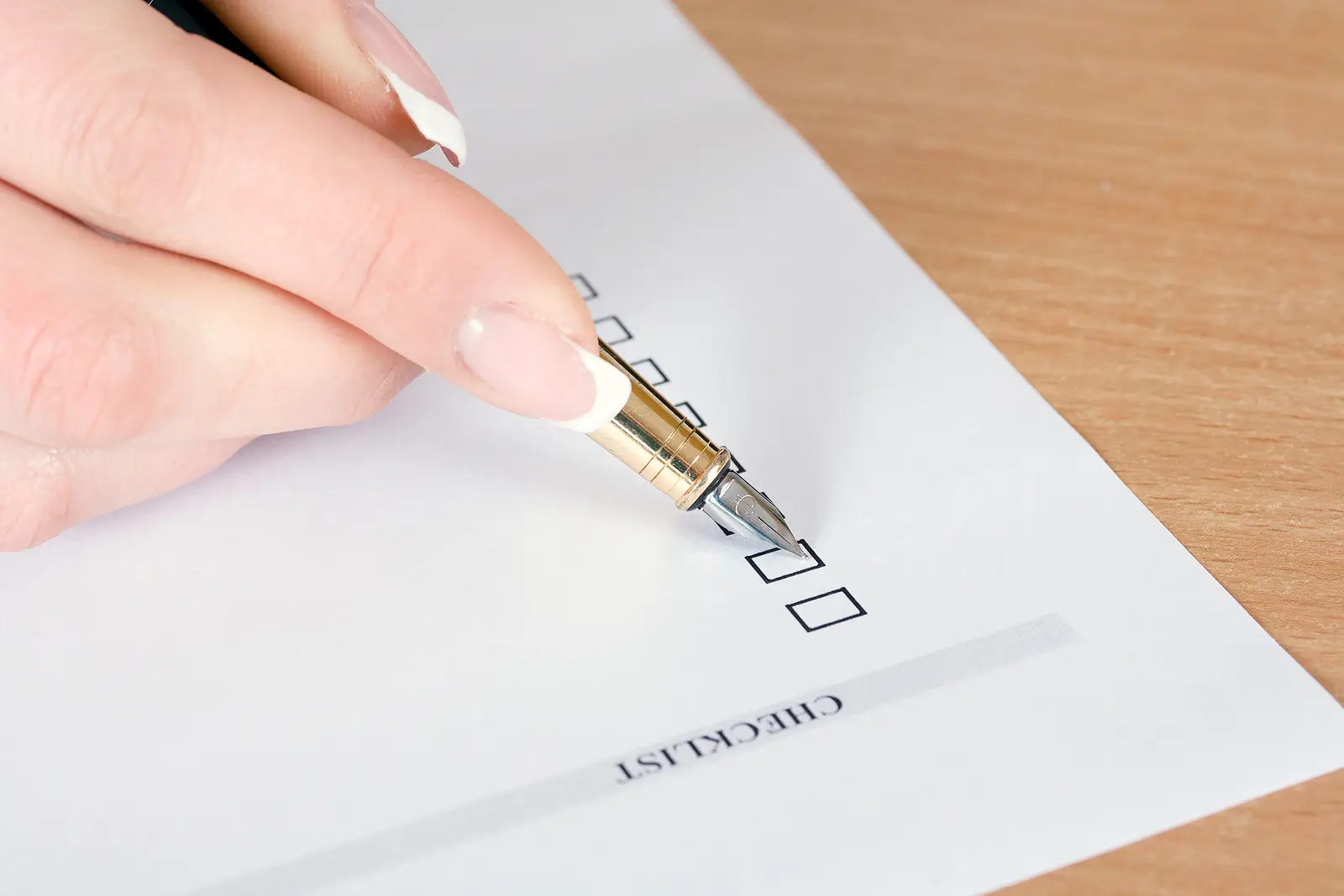As a landlord in Reno, it's important to keep your rental property in great shape not only to safeguard your investment, but also to keep your renters happy and make sure you always have rent coming in.
A well-kept home will attract good renters, reduce the need for expensive emergency repairs, and make your property stand out in a crowded market.
Three quick things to remember from this guide:
- Regular upkeep protects the value of your home and minimizes costs over time.
- Tenants like landlords who are proactive and put safety and comfort first.
- A concise checklist makes sure you never forget to do key duties that happen every year or season.
Why Every Reno Landlord Needs a Home Maintenance Checklist
As a landlord, you have numerous duties, and repairs are often one of the most challenging tasks. If you don't have a plan in place, problems may quickly add up, from leaky faucets to broken HVAC systems. A home maintenance checklist gives you peace of mind and structure. It ensures that both minor repairs and major inspections are completed before they escalate into emergencies.
Landlords in Reno need to pay extra attention to seasonal care due to the significant differences in weather. Summers are scorching, and winters might bring snow. This proactive strategy can make your property's major systems last longer and make your tenants' lives better.
Essential Maintenance Tasks to Prioritize
1. Seasonal HVAC Care
In Reno, your heating and cooling system is quite important. Get professional service twice a year, once before summer and once before winter. To keep things running well and keep tenants' utility expenses low, change the air filters every 1 to 3 months.
2. Water and plumbing systems
Check for leaks around toilets, sinks, and water heaters. Make sure your pipes are insulated in the winter so they don't freeze. Don't put off these examinations because even small leaks can cause significant water damage.
3. Roofing and Gutters
The weather in Nevada can be particularly harsh on roofs. To minimize expensive water damage, check your shingles for wear, clean your gutters at least twice a year, and make sure your drainage works properly.
4. Safety and Security Features
Check smoke detectors, carbon monoxide detectors, and fire extinguishers on a regular basis. Also, check the locks and windows to make sure the tenants are safe. These are small things that help build confidence with tenants.
5. Landscaping and Exterior Care
Curb attractiveness is important. Cut back trees, mow the lawn, and check the irrigation systems. A neat exterior not only attracts good renters, but it also keeps the building safe from damage caused by overgrown plants.
The Benefits of Staying on Top of Maintenance
The benefits include increased tenant satisfaction, fewer emergency calls, and long-term savings. However, there are several challenges associated with managing time, planning costs, and locating trustworthy contractors.
Many landlords underestimate the amount of work required to maintain their homes, particularly when they own multiple properties. As a result, many investors hire professional property management teams to handle these tasks on their behalf.
Your Partner in Hassle-Free Property Ownership
It doesn't have to be hard to stay on top of maintenance. You can relax and watch your money develop if you have the correct plan and the appropriate partner. We serve landlords in Reno with everything from regular inspections to emergency repairs at Dickson Realty Property Management. This keeps their homes in great shape all year long.
Ready to simplify your rental property ownership? Contact us today or explore our Services to see how we can help protect your investment.
FAQs
Q: How often should I check on my rental property in Reno?
A: We suggest completing a comprehensive inspection at least twice a year, with checks before summer and winter. This helps find problems before they get too expensive.
Q: Who is in charge of repairs, the landlord or the tenant?
A: Most significant maintenance jobs are the landlord's job, but tenants are usually responsible for simple things like changing light bulbs and reporting problems right away.
Q: How do you best plan for maintenance costs?
A: A good rule of thumb is to set aside 1% to 2% of the value of your property each year for repairs and maintenance. This makes sure you're ready for both small and big costs.
Q: Can property managers take care of repairs for me?
A: Yes, property managers like Dickson Realty handle inspections, hire contractors, and make repairs, which saves you time and hassle.
Q: What should I do if my tenant doesn't tell me about maintenance problems?
A: Make sure your lease agreement is clear about what you expect and check on the property regularly. This makes sure that problems are found early, even if renters neglect to tell someone about them.



